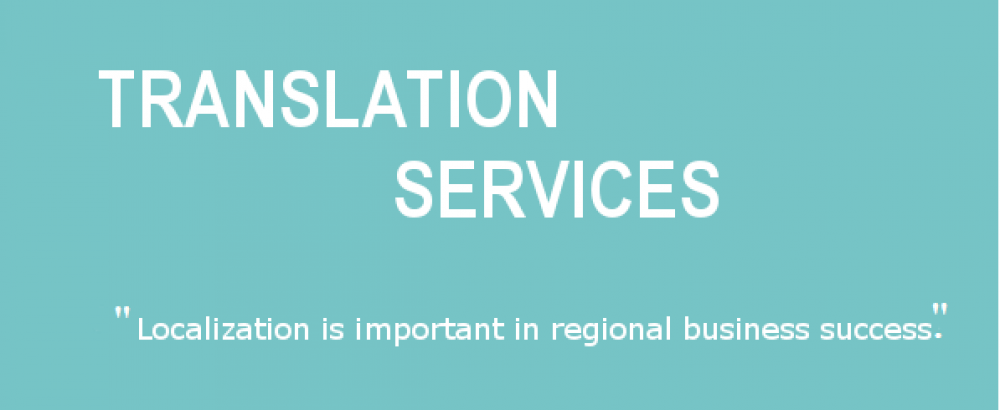Academic work and research know no language barriers. Their authors, however, do. One of the biggest obstacles to larger audiences for academic writing is the language barrier. Often an author’s native tongue limits the appeal of his findings or literary works. Translation services can help both independent and institutional researchers and writers get their work in front of more people. This can result in worldwide audiences that may create additional sales, greater acceptance of theories, and other academic opportunities.
Translation Needs for Academics
There are a large number of documents that can be translated for academic settings, including:
- Diplomas
- Transcripts
- Theses
- Scholarly Articles
- Textbooks
- Novels
- Multimedia Presentations
- Websites
Translation services companies provide academic translations for schools, universities, non-profits, government agencies, businesses, and individuals.
Specifics of Academic Translations
Translating difficult academic material requires more than standard rote conversion from one language to another. Academic writings often employ nuanced arguments and technically difficult writing to portray complex subject matter. Translation of works of poetry is especially difficult. A successful academic translator will preserve the original tone and create a professional translation that conveys both the meaning and the context of the source material.
There are times when a book is very popular in the original language. But when a translation of the book is poorly done, it does not make sense in another language and therefore does not do well in a different language. But when the book is translated and localized to the new language, the audience gets what the book is about and can relate to it more. When the audience can relate to the book, it will sell many more copies than one they cannot connect with.
To do this, a translation services provider must rely on translators who are not only gifted linguists but also familiar with the subject matter to be translated. Travel Translator need to have academic and university bona fides that make them conversant in the field of study and topics discussed in the original work.
The ultimate goal of academic translations is to create a document that reads as though it were originally conceived and written in the target language. Without it, stilted styles and awkward phrasings can do great harm to the translated work and impair its ability to attract a wider audience. If the audience cannot connect with the book, they will not recommend it to other people. The information could be stellar, and very detailed. But if the audience does not understand it, or has a hard time figuring it out, they will be deterred from it. Having an accurate academic translation will ensure it makes sense in whatever language you choose to have it translated into.
We are the Business Translation Experts. Our team of highly skilled linguists translate the written word from one language to another, ensuring your copy is accurate. We provide straight forward solutions, stellar customer service, the latest tools to facilitate the process and native-speaking linguists/subject matter experts. Contact us for your next project.
